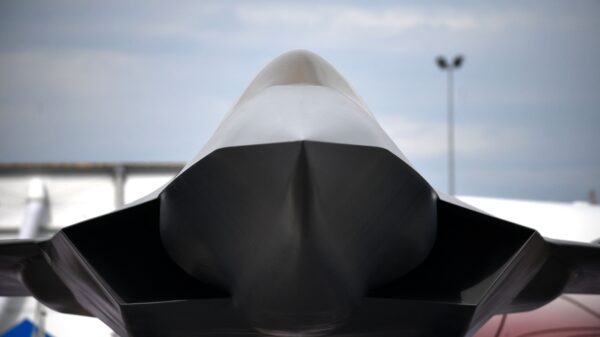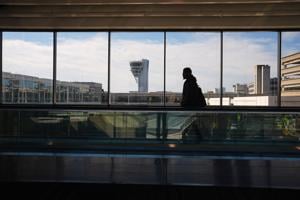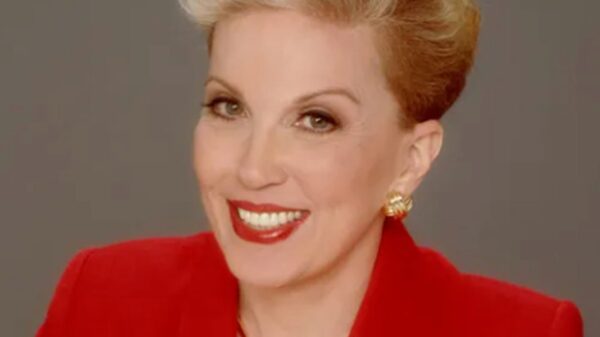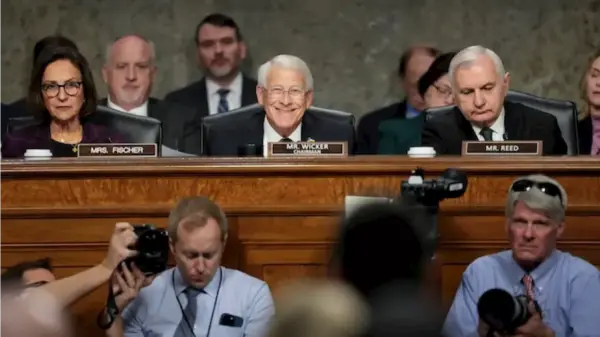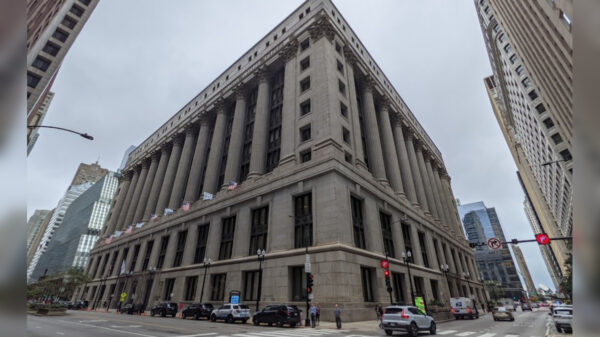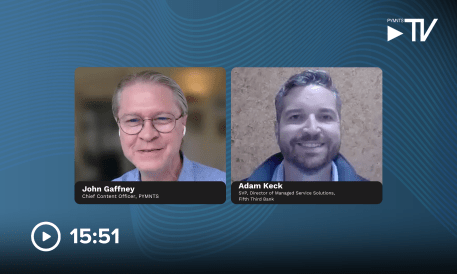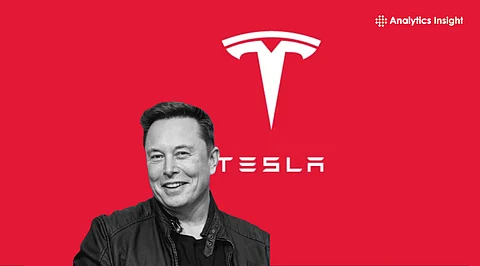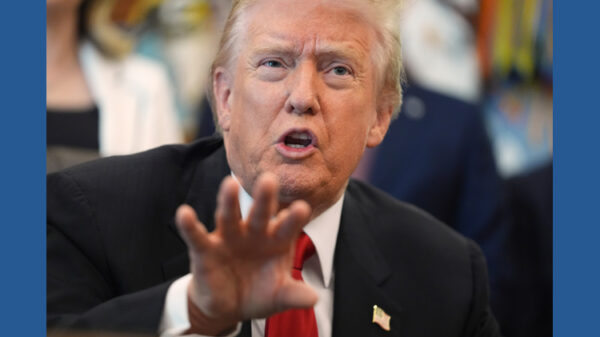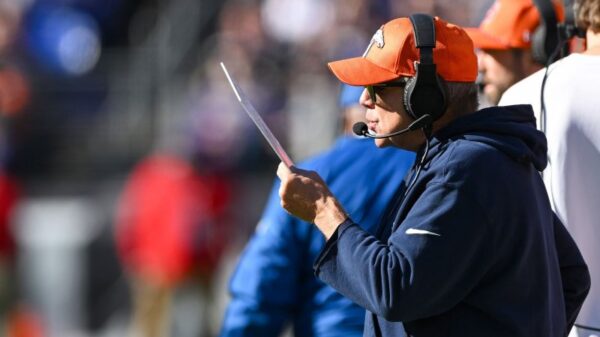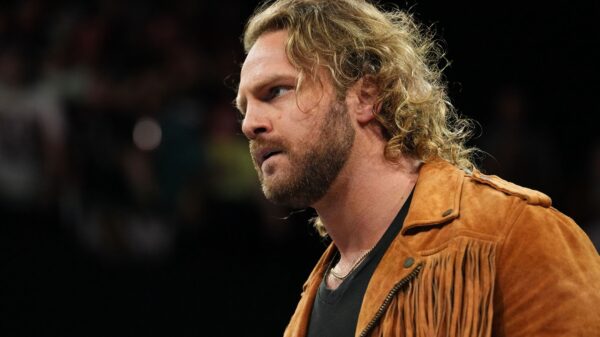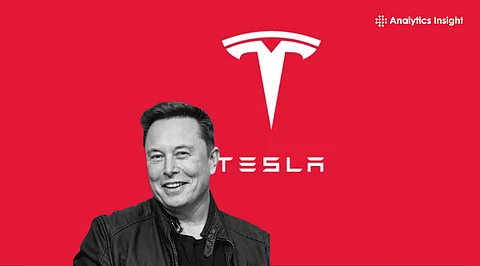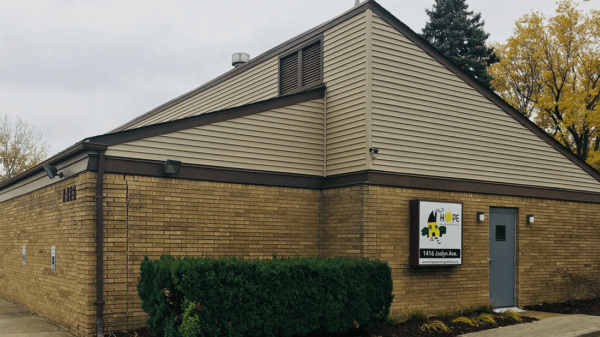Tesla shareholders have voted overwhelmingly to approve a compensation package for CEO Elon Musk valued at up to $1 trillion. This landmark deal, announced during the company’s annual general meeting in Austin, Texas, is the largest corporate compensation arrangement in history. More than 75% of shareholders expressed their support for Musk’s ambitious long-term vision, which aims to transition Tesla from a manufacturer of electric vehicles to a leader in artificial intelligence and robotics.
Transforming Tesla’s Future
The approval of Musk’s pay package underscores strong investor confidence in his leadership. While the total compensation could amount to $878 billion after certain adjustments, it is structured to tie Musk’s earnings to several critical operational and valuation milestones. These milestones include producing 20 million vehicles annually, deploying 1 million robotaxis, and achieving $400 billion in core profits. Additionally, Tesla’s valuation must range from $2 trillion to $8.5 trillion, with Musk eligible to earn 1% of the company’s shares for each target reached.
During the meeting, Musk described the company’s next phase, stating, “What we are about to embark upon is not merely a new chapter of the future of Tesla, but a whole new book.” He highlighted upcoming projects, including the launch of the Cybercab robotaxi in April 2024 and the introduction of a next-generation Roadster. Musk also mentioned plans for a substantial AI chip fabrication facility in collaboration with Intel.
Balancing Investor Concerns
The approval process for Musk’s compensation plan followed extensive discussions among major investors and financial analysts. Critics termed the package “excessive and unnecessary,” while supporters contended it is vital for retaining Musk’s leadership and aligning his objectives with shareholder interests.
Investor sentiment was further complicated by the simultaneous vote to approve Tesla’s investment in Musk’s AI startup, xAI. Many shareholders chose to abstain from this vote, citing potential conflicts of interest. Corporate governance experts like Jessica McDougall from Longacre Square emphasized the need for enhanced oversight to maintain clear boundaries between Tesla and xAI. Additionally, Norway’s sovereign wealth fund and proxy advisory firms Glass Lewis and ISS voiced opposition to the investment, warning it could dilute shareholder value.
The approval of Musk’s compensation package marks a defining moment for Tesla as it pursues innovations in AI, self-driving technology, and robotics. While concerns remain about Musk’s potential distractions from his other ventures, including SpaceX and xAI, investor confidence appears unwavering. As Musk succinctly put it, “What we are about to build isn’t just the future of Tesla, it’s the foundation of an entirely new kind of company.” Should Musk meet all targets, he would be entitled to 12% of Tesla’s shares, solidifying his place as one of the wealthiest individuals globally and the architect of Tesla’s transformation into a powerhouse in AI.








